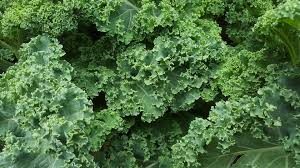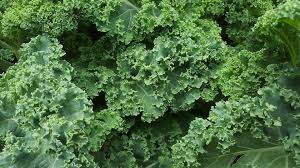 A Clemson University researcher has a goal of solving health issues by using vegetable and specialty crops.
A Clemson University researcher has a goal of solving health issues by using vegetable and specialty crops.
Dil Thavarajah, assistant professor at Clemson University, has researched how certain crops may have a hand in helping solve malnutrition and obesity.
While working with this same goal in research for legume crops, Thavarajah noticed there was a substantial increase in popularity for kale due to its nutritional value.
The first study conducted was funded by a South Carolina Specialty Crop Block Grant. This initial study was to find the current nutritional values in kale. It examined about 25 varieties of kale from a South Carolina farm.
Thavarajah said the findings from this research were better than expected. Nutritional values within kale can provide the average person with a significant amount of nutrients needed for optimal dietary health on a daily basis.
Those who eat kale can increase many nutrient levels, such as magnesium and potassium, which are important for maintaining a healthy diet. Smoothies or a salad including kale are beneficial ways to get these nutrients from the crop, said Thavarajah.
Another sector of this research is to breed kale for characteristics that can even improve these nutritional values.
Breeding could also be used to ensure the growth of kale can be successful in places with various climates. A greenhouse study found that the amount of moisture present in a production system influences the nutritional value of the crop, Thavarajah said.
More research in different climates is also important for the success of this project in other locations in the Southeast and around the world.
Outreach for solving health issues such as malnutrition and obesity on a local level has begun with a community garden, created by Clemson undergraduate students. Thavarajah hopes this garden will be the beginning of a community lunch outreach program for area schools.
While making a difference in the community is important, the goal for the project is to spread this research and project around the world. “My whole idea is to take this and actually start working on a multi-state project to improve the kale nutrition quality,” Thavarajah said.
Though the project is starting at a community level on Clemson’s campus, there are expectations for this project to make a global impact on critical dietary concerns.
Share this Post










